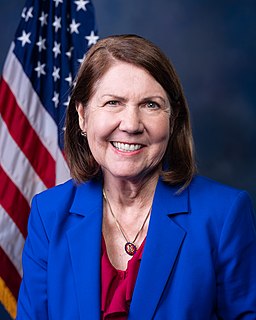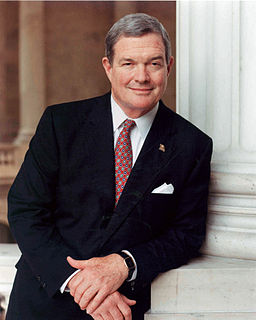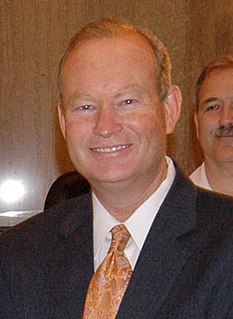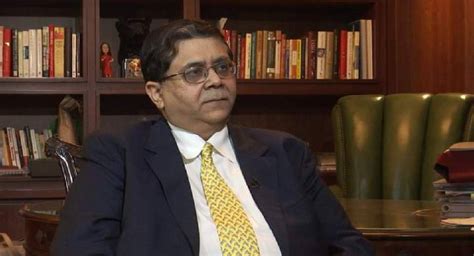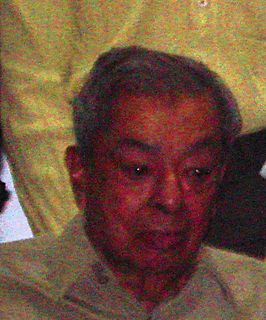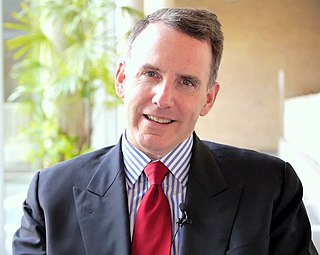A Quote by Jacqueline Novogratz
In India, we now see many highly qualified professionals ready to work in the rural hinterland and in their own towns and cities to tackle development issues directly without depending much on the government.
Related Quotes
Most of the people who make decisions about global health are in the U.S. and Western Europe. There, the mental health care system is dominated by highly trained, expensive professionals in big hospitals, who often see patients over long periods of time. This simply can't be done in rural Africa or India. Who the hell can afford that kind of care?
The EPA's [Clean Power Plan] is another example of Washington's lack of understanding when it comes to rural and Western energy issues. I oppose this new rule because it hurts my district, which has four coal-fired plants that power Arizona's big cities, small towns, businesses and residences. These plants also provide good-paying jobs in our tribal and rural regions.
There are really at least two Indias, there is an India or a shining India the one which the west seas usually through urbanize and there is an India outside some of the big metro policies and in even the tier two cities and in rural India which is completely different. It goes by the name of Bahar which is a traditional name for India.
One of the great ironies is that the impact of the flattening world has not been to empower decentralized rural land, but to strengthen the cities in China and India and elsewhere that are gateways between those countries and the West. It's deeply wise for the Chinese to be pro-urban in terms of development. They're creating space for ideas and human capital to be developed.
The level of dependence on government among rural populations is actually extraordinary. They suffer even more when that assistance is taken away because they don't have access to the economic dynamism of cities. So if there are ways to tell stories that help people in rural areas see their kind of mutual need for care, that to me is the kind of thing that I want HuffPost to try and do.



